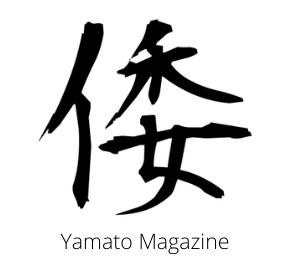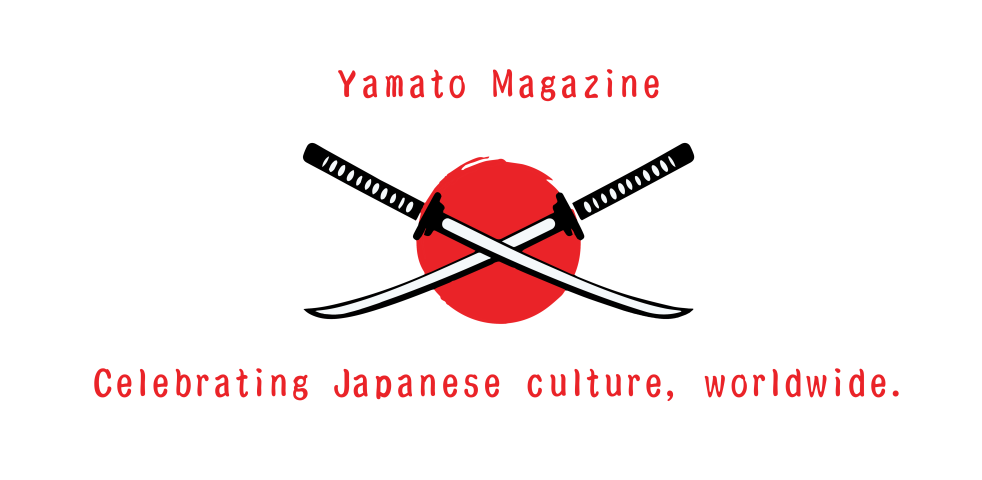
Japan is known for its beauty and rich history, but the country has a dark side that isn’t explored as much as it could be. Japan’s seedy underbelly is exposed by Ryu Murakami’s In The Miso Soup, which focuses on the sex trade and Tokyo nightlife. Kenji, a young tour guide, takes an American tourist called Frank on a journey. But Frank is far more sinister than he appears to be and it’s not long before Kenji is dragged into a nightmare he wishes he could escape from.
An unmistakable feeling of dread
The story begins with Kenji meeting Frank and setting up a tour of the Kabuki-cho district. The area is filled with peep shows, decadent bars and omiai matchmaking karaoke pubs. It’s close to New Year’s Eve and Frank tells Kenji he wants to experience the wilder side of Tokyo. Like Frank, I was immediately drawn into Murakami’s colourful setting. The nightlife of Tokyo is garish, dangerous and as vivid as any other sordid district.
Kenji soon realises that there’s something off about Frank, from the way he lies about his background, to his erratic behaviour. Most troubling of all is ‘The Face’ that causes Frank to look as if he’s ready to kill someone on the spot. The tension ramps up gradually and the reader starts to feel how scared Kenji is. The reader becomes afraid as well because of how Murakami describes Frank using Kenji’s first person perspective.
“It took me a while to pinpoint exactly what was so odd about it. The skin. It look almost artificial, as if he’d been horribly burned and the doctors had resurfaced his face with this fairly realistic man-made material.”
The two of them work their way through several activities until Frank decides he wants to find a prostitute. This leads to a gruesome scene that reveals Frank’s true nature. Kenji, fearing for his life, calls on his girlfriend Jun to watch out for him. Kenji’s relationship with Frank develops to a point where you don’t know what could happen and Murakami keeps cranking up the sense of dread.
The hollowness of human kind
Loneliness is a key theme of the novel, with Kenji noting how lonely Americans can be.
“I remember the American making this particularly confession, and the way his voice caught when he said ‘accept it.’ Americans don’t talk about just grinning and bearing it, which is the Japanese approach to so many things. After listening a lot to these stories, I began to think that American loneliness is a completely different creature to anything we experience in this country, and it makes me glad I was born Japanese. The type of loneliness where you need to keep struggling to accept a situation is fundamentally different from the sort you know you’ll get through if you just hang in there.”
A lot of characters in the book feel as if they’re just killing time and trying to fill the void that’s developed inside them. It’s a great commentary on how someone can go to great lengths to try and feel alive. It ties into the image of miso soup, which represents Frank’s version of Japan. Everyone is floating around in the broth and only a few know how to truly live.
Murakami crafts a sinister, poignant view of Japan that’s rarely shown. I found myself engrossed from the first page and appreciated seeing a different side to a country I intend to visit one day. If you’re interested in an alternate view of Japan and enjoy crime stories, then In The Miso Soup needs to be on your book shelf.


Ooh. I read this earlier this year and it was so hard to put it down I finished it on the same night despite having to go to work early the next morning. That was how much I wanted to know what happens next. Frank was really scary I had to jokingly scare myself that there’s a Frank everywhere. Jokes aside, similar to what you said, the book does give a good glimpse of the dark side of Japan that foreigners rarely know about.
LikeLike
It’s an engrossing kind of novel for sure. I think Murakami nailed the image of there being a Frank in every kind of society and the backdrop of Japan made it even more sinister.
LikeLiked by 1 person
That was a great book! I started reading Ryu Murakami when I saw his last name and assumed it was Haruki Murakami. The book was Coin Locker Babies. So, I’ve been reading both authors for decades and neither has disappointed me…
LikeLike
Oh, I know what you mean! I was curious to know what the differences between Haruki and Ryu were when I started reading both. I see Ryu as Japan’s answer to Chuck Palahniuk and Charles Bukowski.
LikeLike